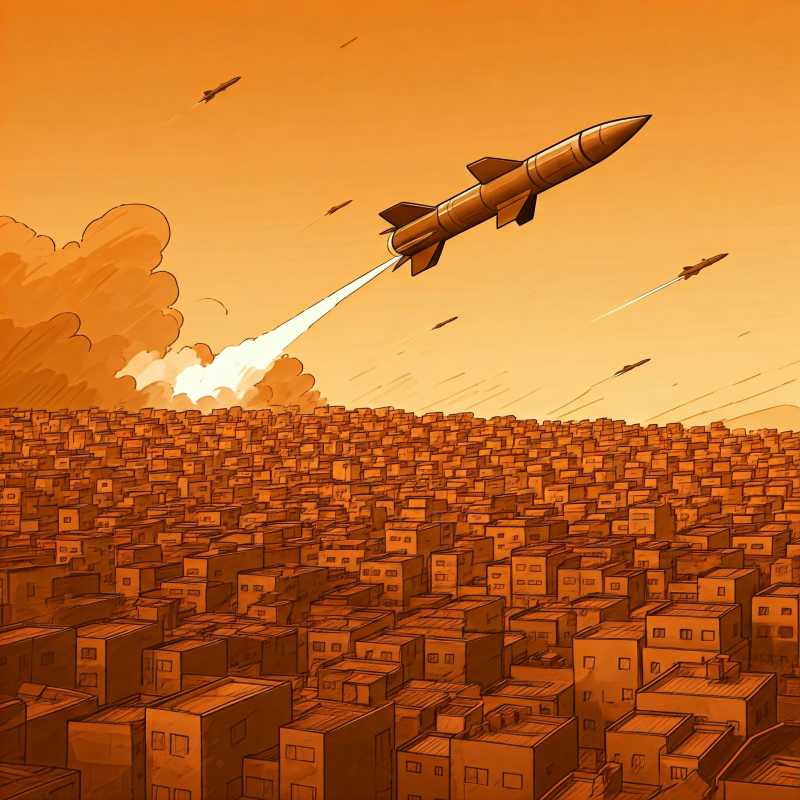Long-Range Missiles and the Future of the Russia-Ukraine War
The US has authorized Ukraine to use long-range missiles, escalating the Russia-Ukraine conflict. This move has sparked international concern and Russian threats. Expert analysis suggests a potential for further escalation, but a nuclear conflict is unlikely.

The Russia-Ukraine conflict, now stretching into its third year, has reached a new and perilous stage with the United States' authorization for Ukraine to deploy long-range ATACMS missiles. Capable of striking targets up to 300 kilometers away, these missiles represent not only a tactical advantage for Ukraine but also a strategic shift that has drawn sharp international scrutiny. In the words of Dr. José Joel Peña Llanes, an expert in Public International Law and professor at the Center for International Relations at UNAM, this development could significantly alter the trajectory of the war, bringing with it profound implications for global geopolitics.
For Ukraine, the deployment of ATACMS missiles signals a dramatic enhancement of its ability to disrupt Russian supply lines, military installations, and logistical hubs. “Although designed for military targets,” Peña Llanes noted, “errors in execution often lead to devastating consequences for civilian populations, a grim hallmark of modern warfare.” Indeed, the Kremlin’s reaction has been predictably fierce, labeling the move a “dangerous escalation” and accusing the United States of direct involvement in the conflict. Veiled threats of nuclear retaliation have followed, though Peña Llanes believes such an outcome remains unlikely due to its catastrophic global implications.




